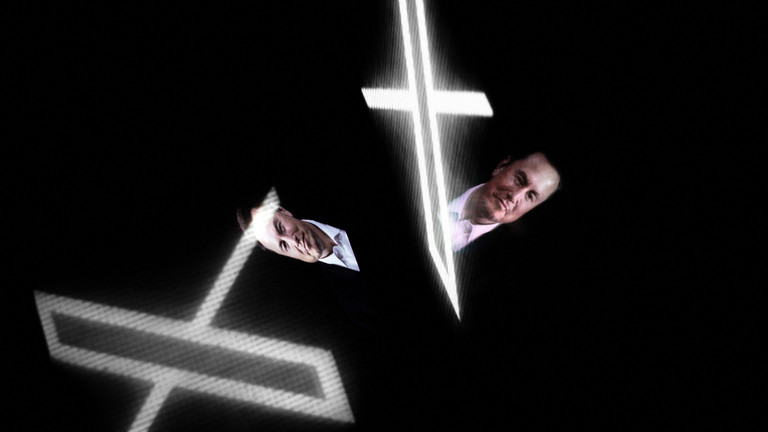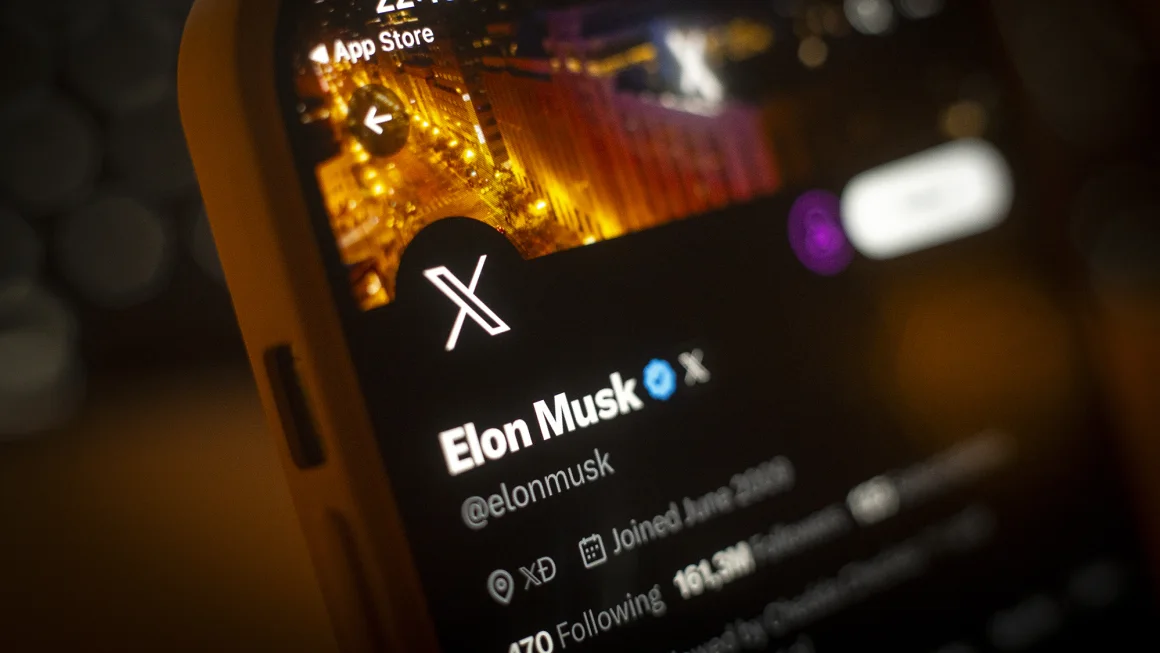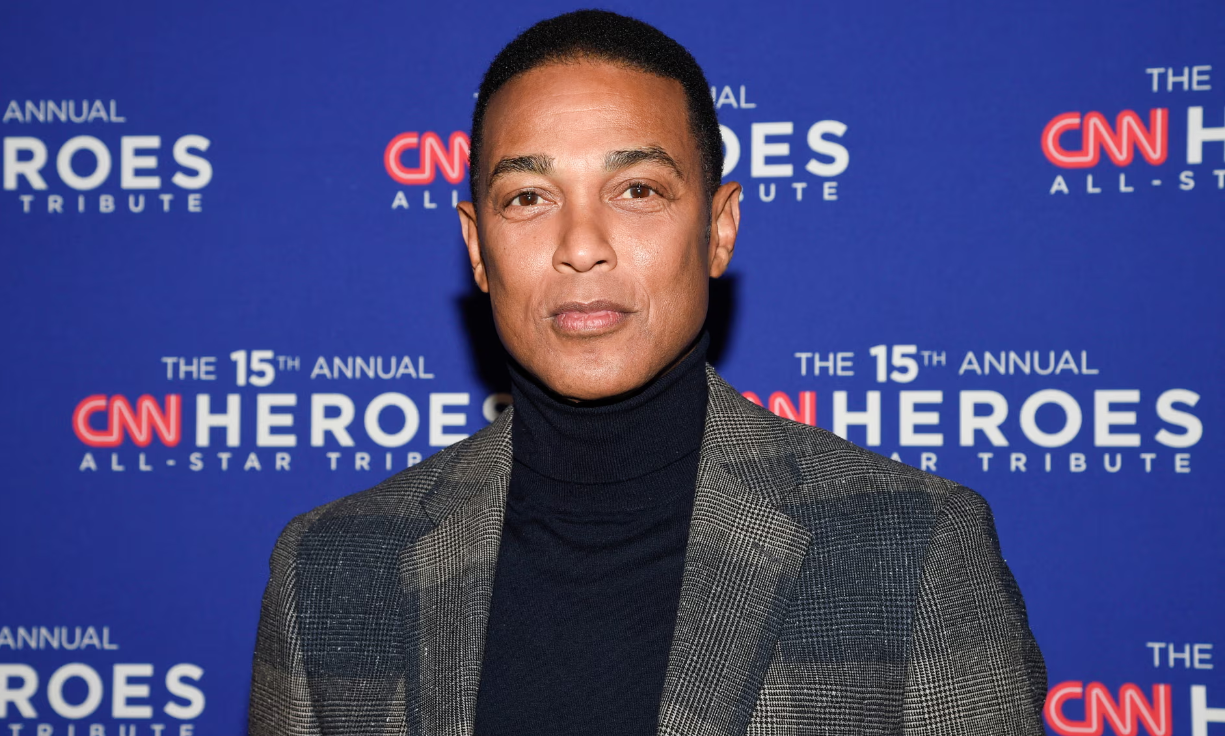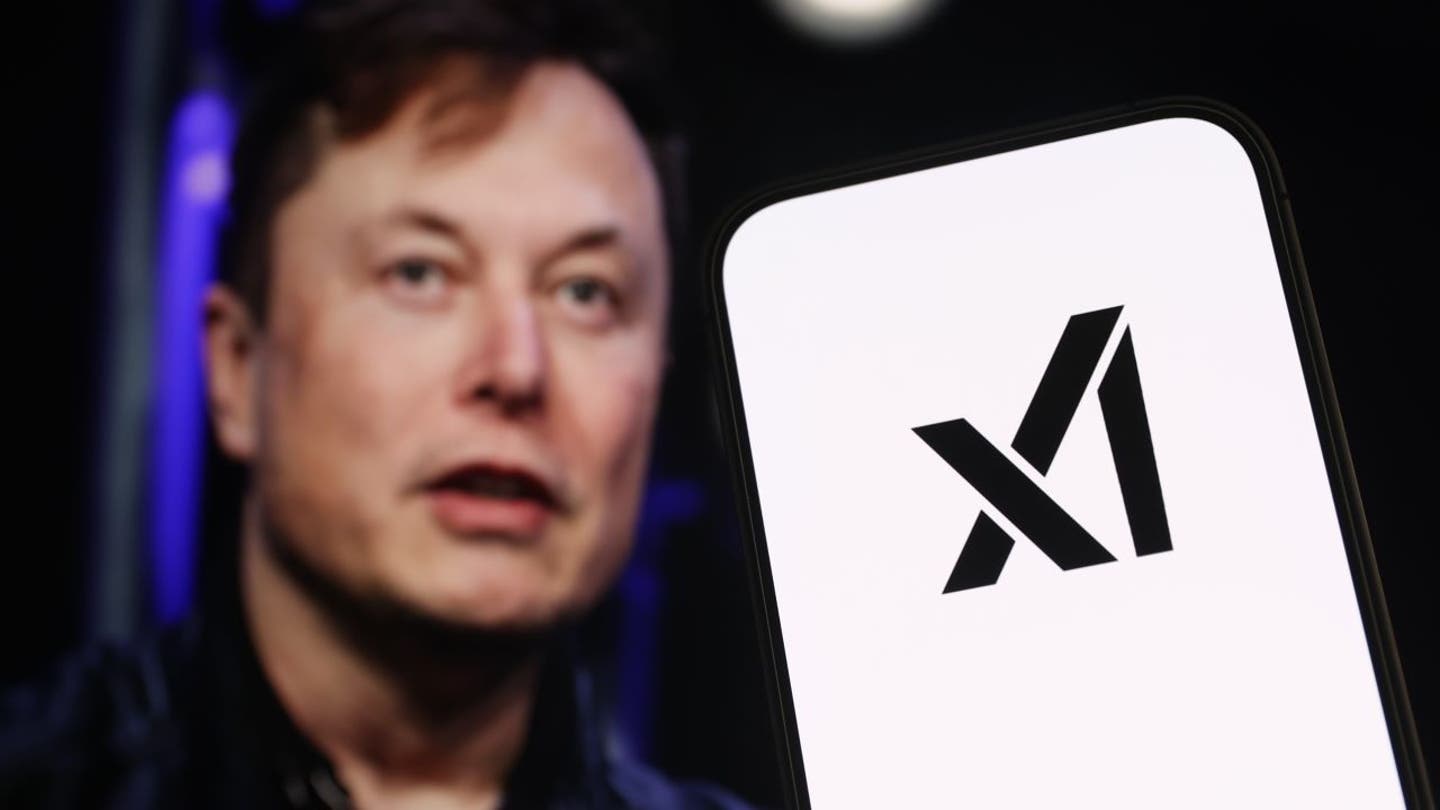This article is more than
1 year oldWhy Elon Musk rebranded Twitter to X

Bradley Blankenship is an American journalist, columnist and political commentator. He has a syndicated column at CGTN and is a freelance reporter for international news agencies including Xinhua News Agency.
@BradBlank_Elon Musk, the billionaire and business magnate with a weird obsession with the letter X, changed the famous Twitter brand to ‘X’ seemingly overnight. Many are suggesting, rightfully, that this will turn into a case study for how to tank a highly noticeable brand.
But there is a logic behind what Musk is doing, and he’s been laying out his intentions since the beginning of his Twitter acquisition. For example, an October 2022 report by Fortune noted that Musk has “a penchant for the letter ‘X’,” noting that his son with Grimes goes by this nickname, his rocket company is called SpaceX, and the company he used to buy Twitter is called X Holdings. And the plan, as the site noted, has always been to rebrand Twitter as X and then into an everything app similar to China’s WeChat.
But there are a number of reasons why this is unlikely to work. For one, Chinese internet users have a different consumption style than people in other parts of the world. Until a few decades ago, China was an extremely poor country and most people didn’t have access to the internet. Most people in China jumped straight to mobile phones and never had a desktop computer at all. So, in essence, the entire Chinese internet environment is friendly toward the mobile phone, whereas in other parts of the world, especially in Western countries, a lot of people use desktops and laptops.
There’s also the question of whether the wider world, especially Westerners, and most particularly Americans, would accept one app to rule them all. Public distrust of Big Tech continues to be at an all-time high, as firms like Meta, Twitter and Alphabet continue to have public scandals involving data and collusion with the US federal government. It is doubtful that folks would ever accept one singular app that would tap into all of their data, using it for God only knows what. The West does not have a culture that would accept such conformity, whether warranted or not.
Musk’s is also not the only American tech firm to have the idea of emulating the East. Meta, the paper company of popular apps like Facebook, Instagram, and WhatsApp, has already been copying features from Chinese apps for years. The Facebook and Instagram marketplaces were lifted directly from Chinese competitors, and both emulated features from their most direct Chinese competitor, TikTok, with short videos. YouTube, which is owned by Google’s parent company, Alphabet, also jumped onto the short video bandwagon after TikTok became prominent and augmented its algorithm to push YouTube Shorts. Given the fact that China always stands accused of intellectual property theft, and that US tech CEOs support this narrative for opportunistic gain, that US companies are doing this so openly is the pinnacle of irony.
There are also some immediate practical concerns about Musk’s rebranding. After taking control of the company, he said that it could face bankruptcy in the near future. He thus implemented Twitter Blue, a verification service for folks willing to pay $8 per month, and expanded it to limit the amount of direct messages and Tweets viewed by normal users. That had a sound logic: Charge users for essential services, and many people have signed on (including myself). But since Musk bought Twitter, the company has lost half of its ad revenue. So one has to wonder if changing brands in the middle of such uncertainty was a good idea.
In my opinion, the answer is a clear ‘no.’ People know Twitter and (sort of) trust the brand, but they don’t know X. Will they still use it? If the rollout of Meta’s direct Twitter competitor, Threads, was any indication then, yes, they will. But rebranding only adds friction and reduces the visibility of an already well established app. To get a sense of how ingrained Twitter is to so many people, the verb ‘to tweet’ is in the dictionary of many world languages – now we have ‘to xeet,’ which is both unrecognizable and unpronounceable.
One of the defining features of Musk, aside from his penchant for X is his self-branding as a genius trying to push humanity forward. In reality, many of his projects, like the Vegas Loop, which is a passenger car tunnel in Las Vegas meant to reduce congestion instead of utilizing public transportation, are abjectly stupid.
There are also many misconceptions that he circulates to reinforce the common narrative of his sycophants, like that he founded Tesla, the electric carmaker. But he didn’t create the company, he bought it and later called himself the “founder,” which led to a legal battle that allowed him to keep the title despite not actually being what the English language would define as a founder. A local news report from the San Francisco Bay area on this issue also describes how he pulled the same thing with PayPal, which was the main product of Confinity, a startup that had emerged with Musk’s X.com in the 1990s. If simply being an early investor in a company would define one as a founder, then every person who pays US taxes could be considered a Tesla founder because of the large amounts of federal contracts that prop the EV maker up.
Musk shouldered his way into the prestige of being a founder of some of these companies in order to boost his own image. It gives a serious amount of clout in the tech bro environment to call oneself a founder. Therefore, if history is any guide, the plan appears to be this: Elon Musk’s Twitter rebranding and the introduction of new features is designed so that he can label himself the company’s founder. It’s not about any grand corporate strategy or serious attempt at becoming the app of power; he just wants to take credit for Jack Dorsey’s product while blatantly ripping IP from China.
Disclaimer: The statements, views and opinions expressed in this column are solely those of the author and do not necessarily represent those of RT.
Keywords
Newer articles
<p data-qa="subheadline">Lawmakers sped the proposal, the most significant threat to the popular app’s U.S. operations, by tying it to a sprawling funding package offering...
Ukraine war: Kyiv uses longer-range US missiles for first time
How soon could US ban TikTok after Congress approved bill?
TikTok faces US ban as bill set to be signed by Biden
‘LOSING CREDIBILITY’: Judge explodes at Trump lawyers as case heats up
Claim rapper ‘made staff watch her have sex’
KANYE WEST PLANS TO LAUNCH 'YEEZY PORN' ... Could Be Coming Soon!!!
Megan Thee Stallion’s Ex-Makeup Guru Talks. It’s Not Pretty.
King’s Funeral Plans Dusted Off—as Health Remains a Mystery
The EU warned TikTok’s new rewards feature could be addictive. Now the app's suspended it




